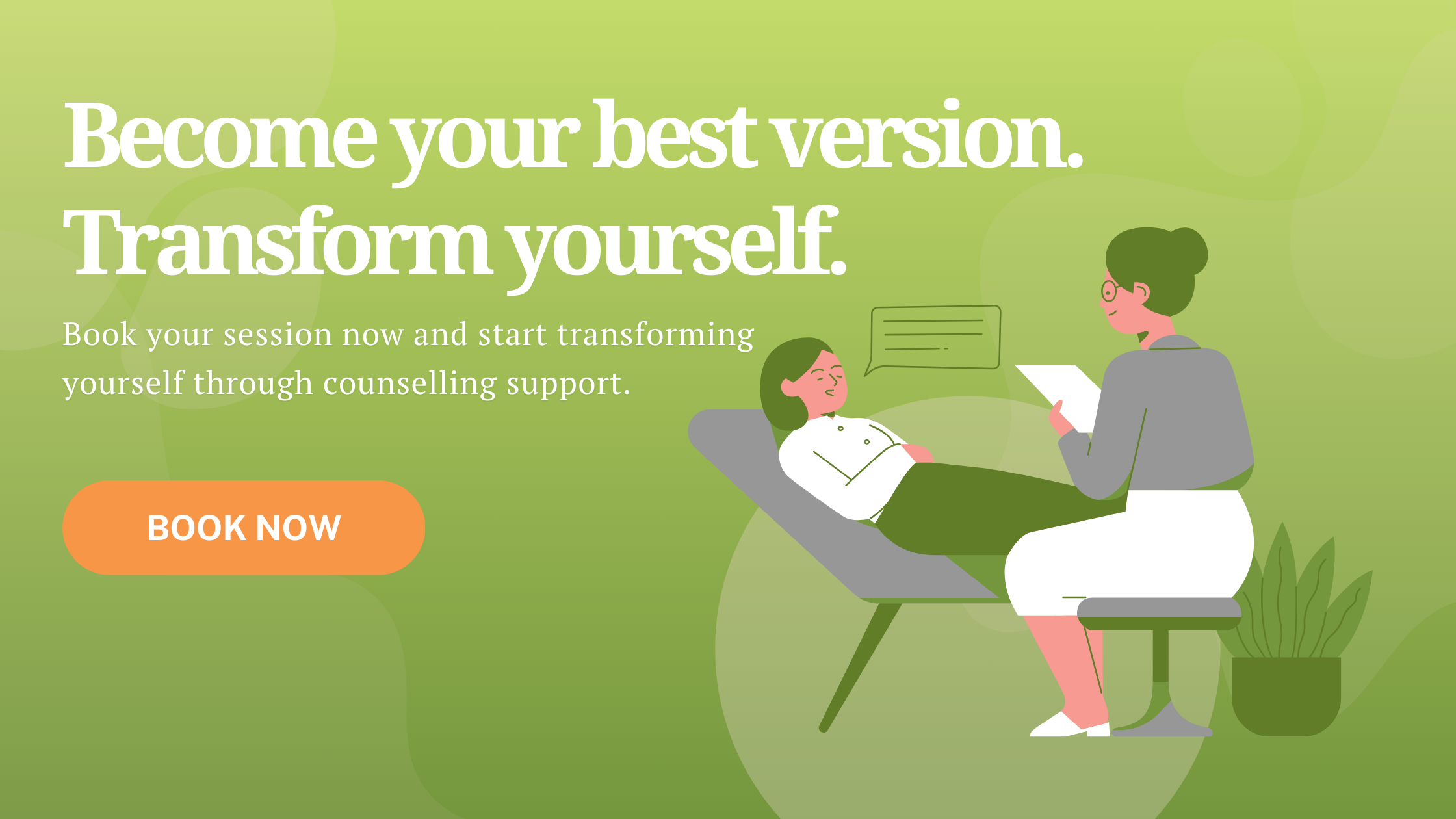
In the modern world, emotional intelligence is highly in demand for both personal development and the improvement of existing skills.In the dynamic realm of human interactions, it can be quite easy to find ourselves immersed in a sea of emotions. The way we perceive, interpret, and respond to our own emotions and the emotions of those around us can significantly influence the quality and depth of our interactions. This holds true for almost all of our interpersonal relationships whether we’re feeling our way around new friendships, dealing with complex family dynamics, or notably cultivating meaningful romantic relationships. This is where the popularized construct of emotional intelligence (EI) comes into play, serving as a guide that enables us to skillfully navigate relational interactions.
Worryingly, recent studies note a decline in certain aspects of emotional intelligence among college students and other prominent age demographics in the Western world. Factors such as the rise of economic liberalism, social media, and smartphone technology are suggested to contribute to this decline in emotional intelligence abilities.
In this blog, we explore what constitutes emotional intelligence, how it presents itself in relationships, what its’ relational outcomes are, and practical ways couples can build upon their emotional intelligence.
What Exactly Constitutes Emotional Intelligence?
Emotional intelligence (EI) is typically defined as an individual’s capacity to perceive, integrate, comprehend, and regulate emotions and to use this information in adaptive ways to inform one’s thinking and actions.
Despite decades of research in the field of EI, we still find differences in how it is conceptualized. Certain researchers endorse a personality-based trait model of EI while others adopt more ability-based models that describe EI as an intelligence comprising emotional abilities.
For the purposes of this blog, we consider EI to be a set of personality traits and skills. While it should be recognized that some people are naturally more adept at certain aspects of EI, we strongly contend that skills and abilities related to EI can be learned, developed, and enhanced.
Generally, EI encompasses a collection of four emotional abilities. These abilities include accurately perceiving emotions within oneself and others, integrating emotions with cognitive processes, comprehending the causes and effects of emotions, and effectively managing emotions for personal well-being and adjustment.

How Does Emotional Intelligence Relate to Relationships?
Interpersonal relationships, such as romantic or marital endeavors are often characterized by their emotional intensity and their potential for conflict due to the existence of a tight-knit bond (Fitness, 2001). Our capacity to manage emotions is considered pivotal in not only fostering deeper connections but also building healthier, more fulfilling relationships. Thus it is no surprise that EI has been highly praised by social psychologists as a major factor in determining adaptive interpersonal relationships.
Conceptually, individuals who possess a deeper understanding of both their own feelings and the feelings of others are more likely to form relationships with compatible partners. The presence of emotional competencies related to EI is posited to increase the likelihood of establishing mutually satisfying relationships, as individuals who have higher EI are considered better at empathic perspective-taking and cooperation with partners. Moreover, it is worth noting that certain emotional abilities can be observed and acquired by relationship partners.
Couples deemed to possess high EI are theorized as more frequently engaging in effective communication, skillfully navigating conflicts, and adeptly moderating their emotions in intense scenarios. Additionally, studies indicate that couples with higher levels of emotional understanding and clarity tend to experience less difficulty in forgiving their partner for offenses compared to individuals with lower levels of emotional clarity. Consequently, high EI couples are expected to facilitate adaptive resolutions and foster positive outcomes within the relationship.
What Are Some of the Findings Associated with EI?
Extensive research suggests strong associations between high levels of EI and numerous positive outcomes in both intrapersonal and interpersonal domains of life. Individually, folks with elevated EI tend to experience benefits such as better physical and mental health, increased resilience, occupational success, decreased subjective work and academic stress, and active coping.
In terms of romantic relationships, several research studies provide support for the assertion that EI holds great importance. Generally, higher EI is linked with higher levels of romantic relationship satisfaction and adjustment. For instance, in a study conducted by Brackett, Warner, and Bosco (2005), it was found that couples in which both partners scored high on EI reported higher levels of relational happiness compared to couples where both partners scored low on EI. Furthermore, it has also been found that couples with similar levels of EI are typically more satisfied with their relationship than couples who see no similarity between their levels of EI.
So How Can I Build Emotional Intelligence?
To acquire new skills related to emotional intelligence and apply them effectively to real-life situations, active engagement in the learning process is crucial. The key lies within experiential learning and practical application. For the best outcomes, the process of learning and developing EI should be highly personalized, easily understandable, and engaging.
Familiarize yourself with EI:
To build emotional intelligence, it is important to learn about models that outline the key components of emotional intelligence. One such model is the ability model, which includes four core areas: self-awareness, self-management, social awareness, and relationship management. By familiarizing yourself with such models, you can develop a framework to guide your growth in emotional intelligence.
Attempt to Positively Change your Understanding and Use of Emotional Skills:
Actively work on improving your understanding and use of emotional skills. This can include recognizing and challenging any negative or unhelpful patterns of behavior or thought, and replacing them with more positive and effective approaches.
Recognize emotions and raise self-awareness:
Take time to reflect on your own emotions, triggers, and patterns of behavior. Journaling, meditation, or even just stopping to reconsider and label your emotions can be helpful in gaining deeper insight into yourself.
Practice self-regulation:
Develop strategies to manage your emotions, such as deep breathing, mindfulness, or taking a break before responding to a potentially heated situation.
Enhance empathy and perspective-taking:
Make a conscious effort to understand and validate your partner’s/others’ emotions. Put yourself in their shoes and listen attentively without interrupting or judging. Practice active listening and validate their feelings by saying things like, “I understand why you feel that way.” Indulge in media (books, shows, etc.) that stimulates perspective-taking.
Seek professional help if needed:
If you and your partner are struggling to build emotional intelligence or facing persistent relationship challenges, consider seeking the guidance of a certified therapist. A trained professional can provide valuable insights, teach effective communication techniques, and guide you through the process of developing emotional intelligence.
References:
Brackett, M. A., Warner, R. M., & Bosco, J. S. (2005). Emotional intelligence and relationship quality among couples. Personal relationships, 12(2), 197-212.
Fitness, J. (2001). Emotional intelligence and intimate relationships. Emotional intelligence in everyday life: A scientific inquiry, 98-112.
Fitness, J. (2006). The emotionally intelligent marriage. Emotional intelligence in everyday life, 6, 129-39.
Joseph, D. L., & Newman, D. A. (2010). Emotional intelligence: an integrative meta-analysis and cascading model. Journal of applied psychology, 95(1), 54.
Khan, M., Minbashian, A., & MacCann, C. (2021). College students in the western world are becoming less emotionally intelligent: A cross‐temporal meta‐analysis of trait emotional intelligence. Journal of Personality, 89(6), 1176-1190.
Lopes, P. N., Brackett, M. A., Nezlek, J. B., Schütz, A., Sellin, I., & Salovey, P. (2004). Emotional intelligence and social interaction. Personality and social psychology bulletin, 30(8), 1018-1034.
Mayer, J. D., Salovey, P., & Caruso, D. (2000). Models of emotional intelligence. Handbook of intelligence, 2, 396-420.
Nelis, D., Quoidbach, J., Mikolajczak, M., & Hansenne, M. (2009). Increasing emotional intelligence:(How) is it possible?. Personality and individual differences, 47(1), 36-41.
Salovey, P., & Mayer, J. D. (1990). Emotional intelligence. Imagination, cognition and personality, 9(3), 185-211.
Schutte, N. S., Malouff, J. M., & Thorsteinsson, E. B. (2013). Increasing emotional intelligence through training: Current status and future directions.
Zeidner, M., Matthews, G., & Roberts, R. D. (2004). Emotional intelligence in the workplace: A critical review. Applied Psychology, 53(3), 371-399.

